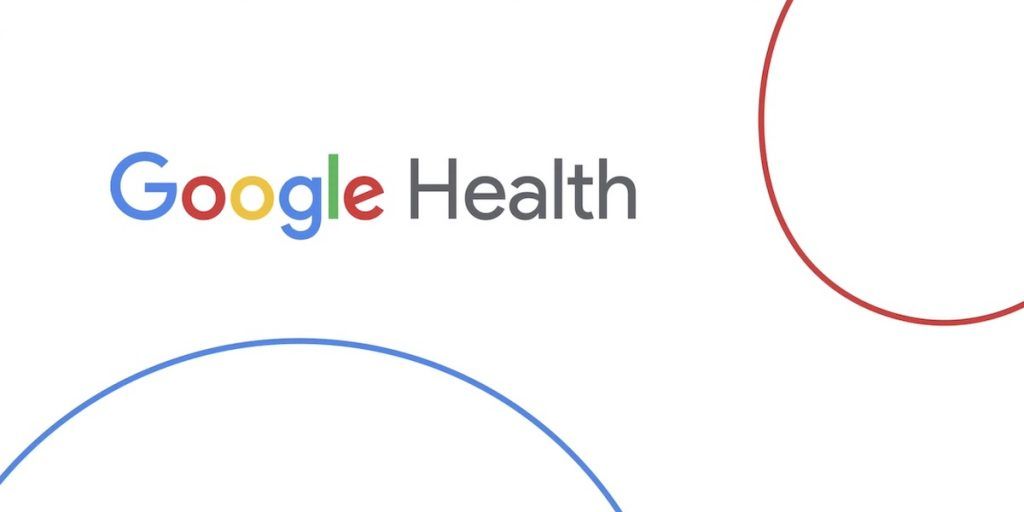

- #Open source google reader replacement android#
- #Open source google reader replacement software#
- #Open source google reader replacement free#
Perhaps we should be less concerned about Google Reader and more interested in how the way people get their news is changing….Ī long time ago, for example, I "consumed" RSS feeds via email. Perhaps this type of news consumption will increasingly be embedded in websites such as AOL, Digg, Facebook, and so on. Perhaps magazine-style news apps will become the main way people find and read news stories, without any visible connection to RSS. Well, reading stories that are displayed according to how popular they are (in terms of hits) is completely different from using Google Reader to find stories buried in the long tail. You may be familiar with the "long tail" idea that journalist Chris Anderson turned into a book in 2006. Examples include Tech Geek, Deep Thinker, Domestic Diva, and so on, though it has now added an "I'm from Google Reader" button to import people's existing feeds. For example, Buzzego offers "pre-tuned" selections to suit users with typical interests. With this kind of approach, users don't really need to know anything about RSS or the feeds that may form part of the "hidden plumbing". Facebook's founder, Mark Zuckerberg, said he wanted Facebook to be "the best personalised newspaper in the world".

Flipboard and Zite are probably the best-known examples, and it looks as though Facebook's reader will follow this line. Second, there are people who want a visual presentation of stories – something more like a newspaper or magazine. First, there are news geeks who want to process a lot of news stories as efficiently as possible: these were the core of the Google Reader audience.
#Open source google reader replacement software#
Nowadays, there seem to be two types of news reader, whether you apply the term to the software or to the type of user. Of course, not everyone was happy with Google Reader, and you may want to try something that doesn't just clone the former market leader. Otherwise, Digg Reader looks promising, so watch out for the reviews.
#Open source google reader replacement free#
Newsblur's drawback is that it costs $24 a year, but there is a free version pre-populated with feeds so you can see if you like it.

In a Twitter vote at, Newsblur (560 tweets) was only a little behind Feedly (625 tweets), and well ahead of Bloglovin (154 tweets), which is from the company that now owns Digg. If you don't like Feedly, Newsblur is probably your best bet. On the negative side, not all the keyboard shortcuts are the same, and not everyone is happy with Feedly's user interface, especially on apps.
#Open source google reader replacement android#
As well as its website, Feedly offers Apple iOS and Android smartphone apps, plus Google Chrome, Safari and Firefox browser extensions. In the absence of a seamless Google Reader replacement, Feedly seems to be picking up most of its old customers and many new ones: it now has more than 12 million users.įeedly looks something like Google Reader if you use the 'titles' view to list stories. Still, it could be an acceptable short-term solution to the disappearance of Google Reader, though it may not be the best long-term solution. Also, it doesn't offer the third-party sharing options you had with Google Reader. It doesn't offer mobile apps or browser extensions, but some are available from third parties. The Old Reader is fairly close and supports many of the same shortcuts. Since all five points are obvious, you'd think there would be lots of options, but there aren't. Google Reader was free, so there should at least be a free version. It should provide a way for stories to be shared socially, eg via email or Twitter. (Obviously, stories marked as read on one device should not appear as unread stories on another device.) It should be usable across multiple platforms, including the web, smartphones and tablets. It should have roughly the same appearance and, more importantly, use the same familiar keyboard shortcuts. It would provide the same selection of RSS feeds, ideally by importing an OPML file exported from Google Reader (via Google Takeout). Possible replacementsĪ seamless replacement for Google Reader would have at least five characteristics….

Under the circumstances, it does seem surprising that Google is shutting down Google Reader rather than integrating it into its Google Plus (G+) social network. If you already use one of these services, you might well be happy using its news reader, otherwise known as an RSS (really simple syndication) reader. The newcomers include AOL, Digg, Facebook and (via the purchase of Pulse) LinkedIn.


 0 kommentar(er)
0 kommentar(er)
